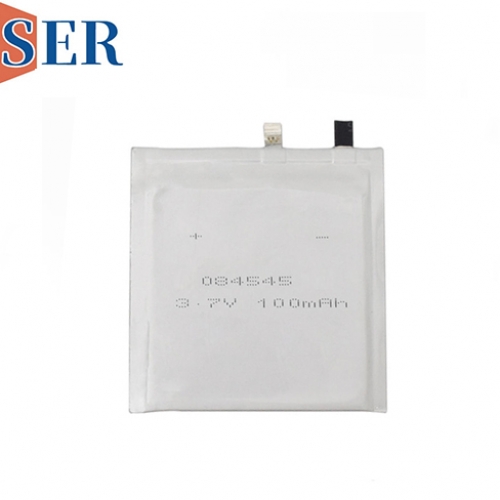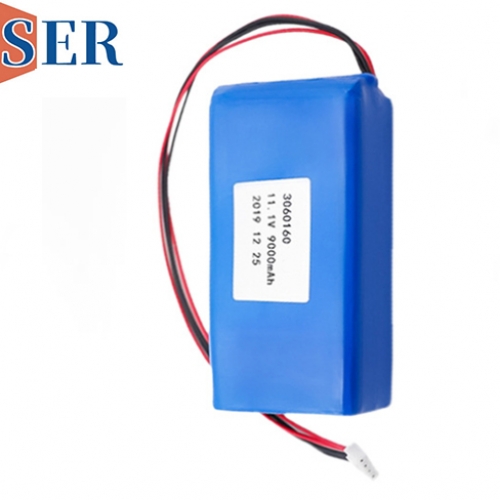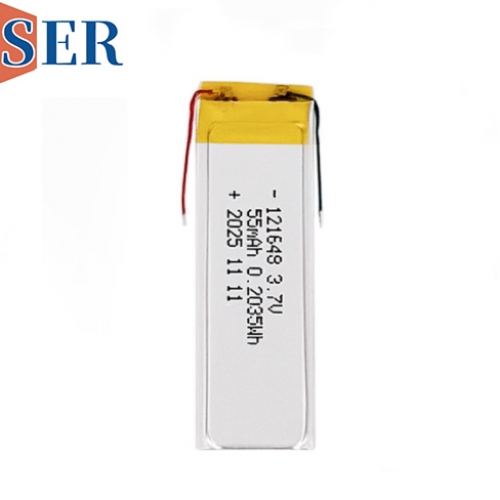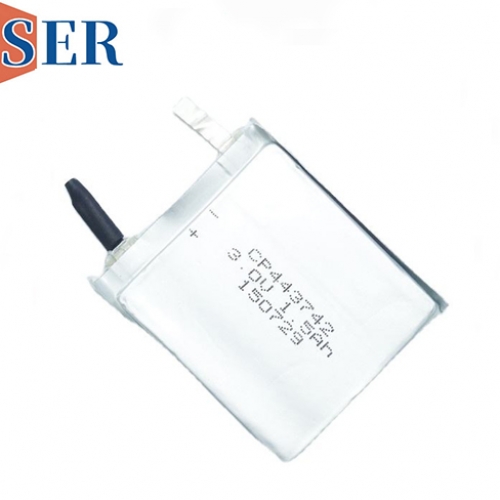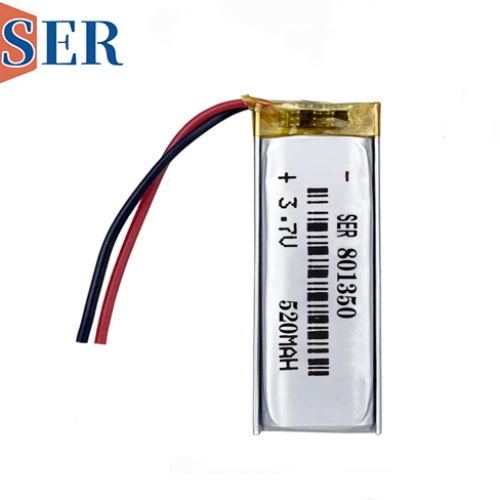High Temperature Battery Primary 2/3A 3.6V ER17335S Lithium Thionyl Chloride (Li/SOCl2) for Petroleum Drilling Testing Instruments
High Temperature Battery Primary 2/3A 3.6V ER17335S Lithium Thionyl Chloride (Li/SOCl2) for Petroleum Drilling Testing Instruments
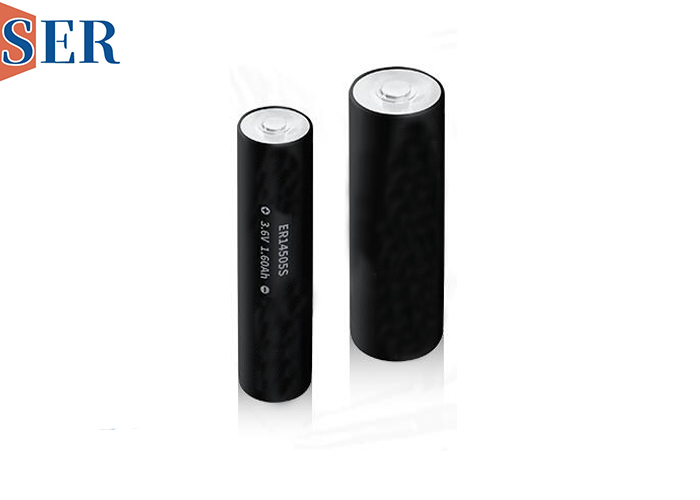
In the realm of industrial applications, particularly those involving extreme environments and high-performance requirements, the need for reliable and durable batteries is paramount. The High Temperature Battery Primary 2/3A 3.6V ER17335S Lithium Thionyl Chloride (Li/SOCl2), designed specifically for petroleum drilling testing instruments, represents a significant advancement in the field of primary battery technology. This article delves into the intricacies of this battery, its unique features, applications, and how it effectively replaces the LST17330 2200mAh battery, offering enhanced performance and durability.
Introduction
The ER17335S Lithium Thionyl Chloride (Li/SOCl2) battery is a primary, non-rechargeable battery that boasts exceptional energy density, high operating voltage, and long shelf life. Its primary use case lies in industries that require batteries to operate in harsh environments, such as petroleum drilling, where temperatures can soar well above ambient levels. The ER17335S is a direct replacement for the LST17330 2200mAh battery, offering improved performance characteristics and ensuring seamless integration into existing systems.
Key Features of the ER17335S Battery
High Temperature Capability
One of the standout features of the ER17335S battery is its ability to operate in high-temperature environments. This battery is designed to function reliably in temperatures ranging from -55°C to 150°C, making it ideal for applications in the oil and gas industry, where drilling operations often take place in geothermally active regions or deep beneath the Earth's surface. This high-temperature tolerance ensures that the battery continues to provide power without degradation, even under extreme conditions.
High Energy Density
The ER17335S battery boasts a high energy density, thanks to its Lithium Thionyl Chloride (Li/SOCl2) chemistry. This chemistry allows for a higher energy-to-weight ratio compared to other primary battery chemistries, making it an excellent choice for applications where space and weight are critical factors. With a nominal capacity of 2200mAh and a nominal voltage of 3.6V, the ER17335S provides ample power to support a wide range of electronic devices and instruments.
Long Shelf Life
Another advantage of the ER17335S battery is its long shelf life. Due to its stable chemistry, this battery can retain its charge for extended periods, even when not in use. This feature is particularly beneficial for applications where batteries may be stored for long periods before deployment, such as in emergency backup systems or remote monitoring stations.
Low Self-Discharge Rate
The ER17335S battery exhibits a low self-discharge rate, meaning it loses minimal charge over time when not in use. This is due to the stable nature of the Lithium Thionyl Chloride chemistry, which minimizes the chemical reactions that lead to self-discharge. As a result, the battery maintains its charge for longer periods, reducing the need for frequent replacement or recharging.
Applications in Petroleum Drilling Testing Instruments
The ER17335S battery is ideally suited for use in petroleum drilling testing instruments due to its high-temperature capability, high energy density, and long shelf life. These instruments, which are essential for monitoring and controlling drilling operations, require reliable power sources that can withstand the harsh conditions present during drilling.
Drilling Monitoring Systems
Drilling monitoring systems rely on accurate data collection and transmission to ensure safe and efficient drilling operations. The ER17335S battery provides the necessary power to support these systems, ensuring that vital data is captured and transmitted in real-time. Its high-temperature tolerance ensures that the battery continues to function even in the hottest drilling environments.
Downhole Sensors and Transducers
Downhole sensors and transducers are used to measure various parameters, such as temperature, pressure, and fluid composition, during drilling operations. These devices require stable and reliable power sources to ensure accurate measurements. The ER17335S battery, with its high energy density and low self-discharge rate, provides the necessary power to support these sensors and transducers, ensuring accurate and reliable data acquisition.
Emergency Backup Systems
Emergency backup systems are critical in the oil and gas industry, as they provide a failsafe mechanism in case of power outages or equipment failures. The ER17335S battery, with its long shelf life and high-temperature capability
In the intricate world of petroleum drilling, precision and reliability are paramount to successful exploration and extraction. At the heart of this intricate operation lie testing instruments, which require robust and dependable power sources to function flawlessly. Batteries, therefore, play a pivotal role in ensuring the continuous operation of these vital tools.
Designed specifically for the harsh conditions of oilfields, modern batteries for petroleum drilling testing instruments are engineered to withstand extreme temperatures, vibrations, and even the corrosive environment. They provide a stable and long-lasting energy supply, enabling critical monitoring and analysis tasks such as measuring drilling pressures, temperatures, and fluid compositions.
The adoption of advanced battery technologies, including lithium-ion and high-capacity nickel-metal hydride, has significantly enhanced their performance, offering higher energy density, faster charging capabilities, and longer runtimes. This ensures that drilling operations are not hindered by power outages, enabling seamless data collection and decision-making processes.
As the industry evolves towards smarter, more automated drilling systems, the demand for efficient and reliable batteries continues to grow. The future of batteries for petroleum drilling testing instruments lies in continuous innovation, aimed at improving safety, efficiency, and environmental sustainability. By powering these essential tools, batteries remain an indispensable component in the pursuit of energy resources

